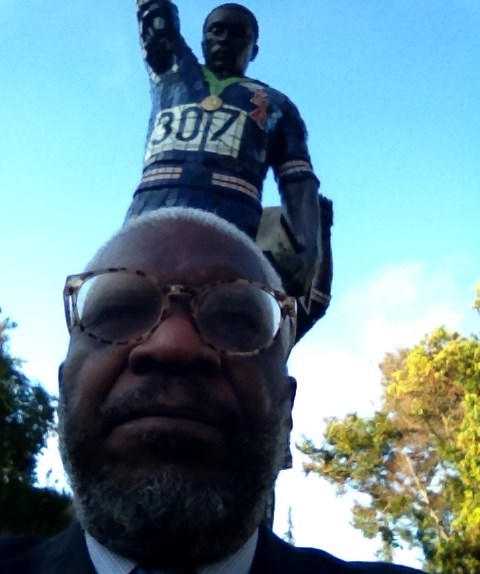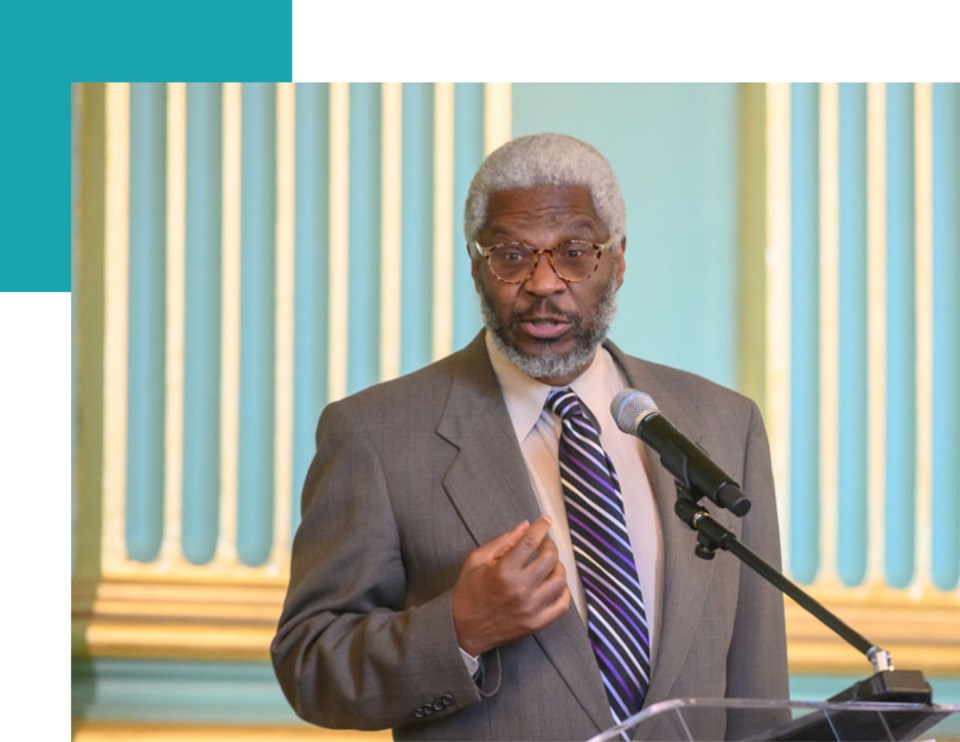When top Black scientists and physicians gathered on Dr. Martin Luther King Jr.'s birthday in San Francisco, they saw a problem as big as the pandemic for Black health care. This pandemic could take out hospitals, leaving already underserved communities in disastrous conditions.
The Journal of Black Innovation National Black Business Month reported in its January edition that the 450 Black-serving hospitals identified by CMS records are facing the same issues as Downstate Medical and One Brooklyn in New York City--severe funding deficits left as a result of COVID-19 caseloads that were the heaviest in the nation. In many cases, those hospitals were designated to treat only COVID patients during the worst stretch of the pandemic, reducing their income dramatically from other procedures and patients.
Dr. Bruce Ovbiagele, Professor of Neurology and Associate Dean of University of California-San Francisco and editor in chief of the Journal of the American Heart Association, laid out the conditions in the "stroke belt," an area stretching across the South that roughly corresponds with the counties with the largest numbers of slaves in 1860. He noted that medical facilities in those areas were less likely to have staff and facilities to treat strokes.

I believe the health disparities we see are the direct result of decisions as far as 150 years ago to close the 40 Freedman's Hospitals in 1867 and to close medical schools at HBCUs in the early 20th century.
During Innovation&Equity23, the scientists mulled policy options to provide adequate funding to the hospitals, not just for health care, but because the industry is the largest employer and the largest industry sector for African-Americans.
In my podcast, "The Promised Land," I have identified adequate health care funding over the next two years as the '"magic bullet" that helps Black communities reach the goals of Our10Plan; the African-American economic strategy – a ten percent share of national GDP, a two and one half fold increase over the current ratio.
This would end the crises in homelessness, violence and hunger and we need a dramatic increase in health care staffing and facilities to meet an aging population in general.
John William Templeton is chair of Central Brooklyn Economic Development Corp., one of the most effective community empowerment groups in New York City; and founder of the Journal of Black Innovation National Black Business Month (r). His podcast "The Promised Land," charts a path to teach Our10Plan: the African-American economic strategy goals by the 250th anniversary of the United States in 2026.




